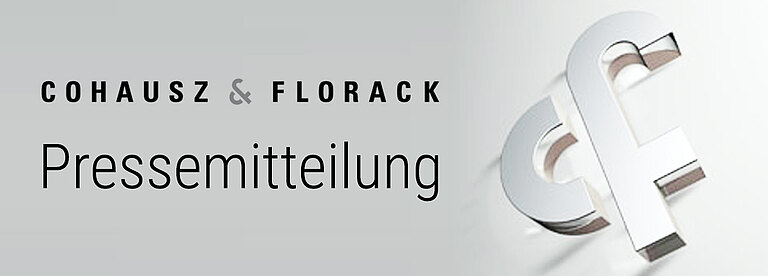Similarly to the Spanish government, the Italian government had also at first distanced itself from the new court system and the EU patent. The reason for this was the UPC’s regulations regarding language, which provide for the official languages of the European Patent Office (English, German and French). Spain and Italy saw this to be an impermissible discrimination and filed a complaint. After the European Court of Justice (ECJ) rejected the complaint, both countries’ consent to the UPC was even more at stake. “This caused uncertainty, as the new system naturally becomes more attractive for companies the more states take part in it”, says Andreas Thielmann, patent attorney and partner at Cohausz & Florack (C&F).
In order for the UPC to come into force, Germany and Great Britain are still required to ratify the convention. However, since Britain voted in favour of leaving the EU in a close referendum on 23 June 2016, it must be called into question whether the British government will continue to pursue the UPC project. “Particularly in times in which some states are beginning to think in national dimensions again, the ratification through such an important country like Italy is a strong signal for the functioning cooperation in Europe”, says Jan Ackermann, patent attorney and partner at C&F. It remains to be seen whether the British government will continue to pursue the project. The ratification by Germany, however, is considered certain.



